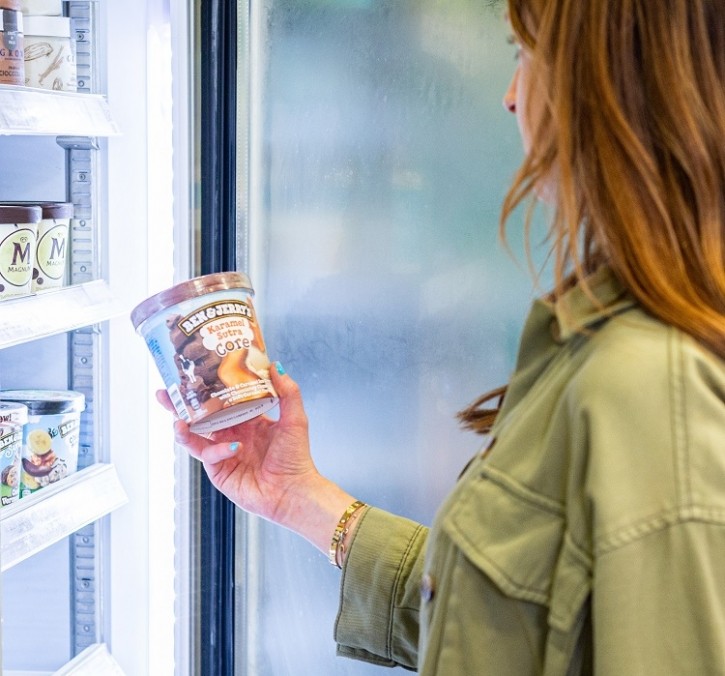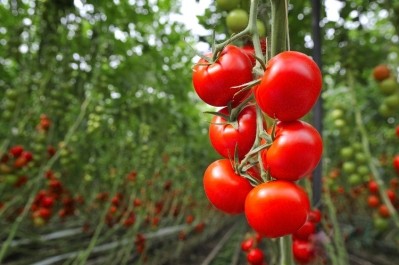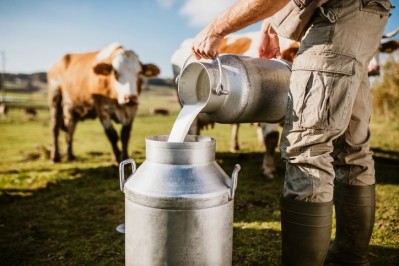Why Unilever wants its ice cream competitors to reformulate

In the world of ice cream freezer cabinets, the industry standard temperature in many markets is -18˚C. Unilever owns close to three million ice cream cabinets, which it leases out to sellers worldwide.
But at -18˚C, these cabinets are costly and energy-intensive to run. The FMCG told FoodNavigator last year that ice cream contributes to 20% of Unilever’s greenhouse gas (GHG) emissions, with roughly half of that coming from its ice cream cabinets.
Having committed to net zero across its own value chain by 2039, Unilever wants to reduce these emissions by raising the temperature of its freezers from -18˚C to -12˚C. The Magnum, Wall’s and Ben & Jerry’s owner is reformulating its products to withstand warmer temperatures, and wants others in the industry to do the same.
Rebalancing ingredients to increase ice content
To encourage reformulation efforts, Unilever is granting a free non-exclusive license to the ice cream industry for 12 reformulation patents.
If ice cream products aren’t already stable at 12˚C, FoodNavigator understands that ingredients can be rebalanced in the formulation to increase the ice content – a key driver for firmness of an ice cream at the serving temperature. But in changing ingredients ratios, the taste and flavour of the ice cream must remain unchanged.
It is also essential that when reformulating, the ice cream melts in a similar way in terms of how quickly it melts and how the ice cream coats the mouth. Unilever assured us there are ‘a range’ of tests that can be conducted to ensure the same quality and eating experience is delivered.
If other manufacturers also reformulate their ice cream products to withstand warmer temperatures, Unilever will be able to move towards more energy efficient freezer cabinets around the globe. “By granting a free non-exclusive license to these 12 reformulation patents, we hope our peers and partners from across the ice cream sector will benefit and work to tackle emissions across the industry,” said Andy Sztehlo, chief R&D officer for Ice Cream at Unilever.
The journey towards more energy-efficient feezers
The granting of Unilever’s non-exclusive license follows the completion of two pilots in Germany, whereby -12˚C cabinets were found to use 25% less energy each. The freezers were both cheaper to run and better for the environment.
Another benefit of raising the temperatures of Unilever’s freezer cabinets may lie in their lifespan: once in the cold chain, the company’s freezers tend to last over 10 years, but warmer fridges may end up lasting longer.
Unilever has been working on making its freezers more energy efficient for a long time. Back in 2008, the company initiative a shift from using non-GHG friendly fridges to hydrocarbons. And since that time, Unilever has been working to make those cabinets less energy-intensive: they now use more than 40% less energy compared to 2008 levels, FoodNavigator was told last year. Unilever started reformulating its ice cream products to withstand warmer temperatures around five years ago.
Better for the planet, better for the pocket
If other manufacturers selling from Unilever ice cream cabinets also reformulate, cost and environmental savings will increase. Both consumers are retailers are concerned about energy usage, we were previously told.
Collaboration will be key to achieving Unilever’s ‘ultimate goal’: to see a bigger shift across the ice cream industry. “We need to work together both with our peers, retailers and governments on this ambition,” a Unilever spokesperson told FoodNavigator.
“This is why we are sharing the reformulation patents, to enable others with experience in ice cream formulation to adapt their own formulations to be resilient at warmer temperatures. Through collaboration, we believe we can reduce the ice cream cold chain’s impact on the environment, whilst continuing to deliver high quality products for our consumers.
“This is just the start of a long-term programme.”















